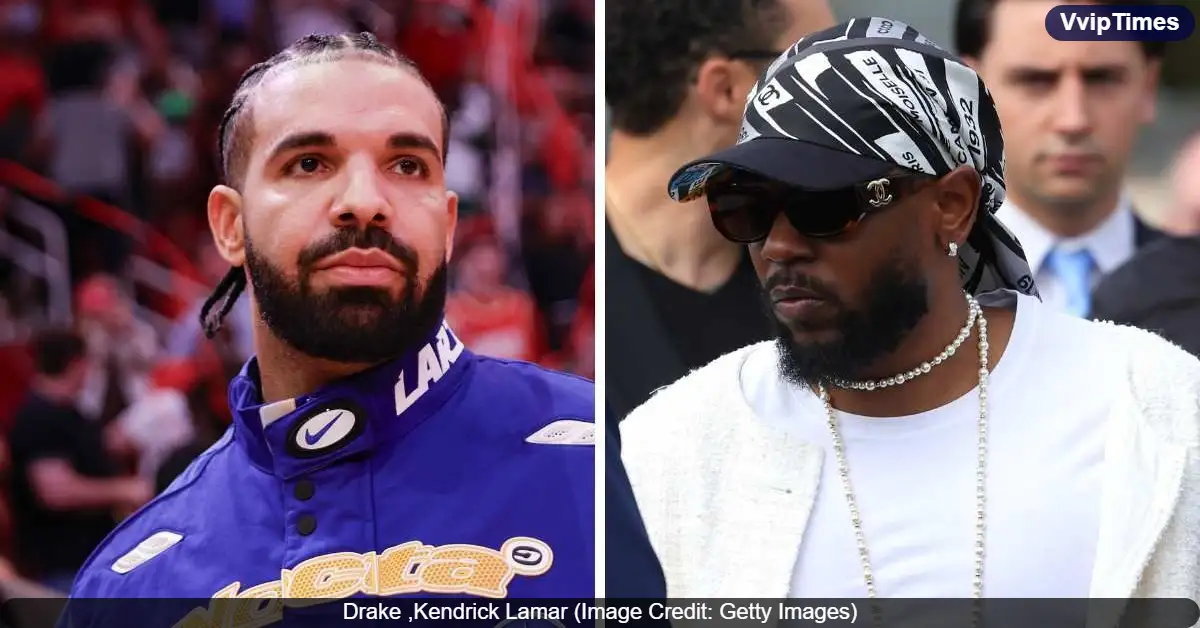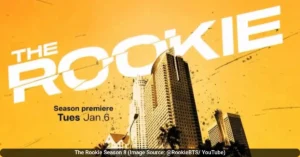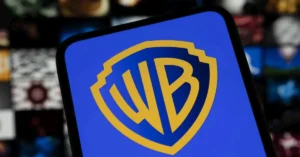Drake has filed a legal petition against Universal Music Group (UMG) and Spotify, alleging manipulation to unfairly promote Kendrick Lamar’s diss track, “Not Like Us,” while suppressing his own music. The petition, submitted to the New York Supreme Court, accuses UMG and Spotify of engaging in unethical practices that inflated the track’s success through artificial means, turning a professional rivalry between the artists into a legal feud.
Allegations Against UMG and Spotify
Drake’s petition claims that UMG used bots to artificially increase streams for “Not Like Us,” misleading listeners about its popularity. The filing also accuses UMG of:
- Paying influencers to promote the track heavily on social media.
- Striking pay-to-play deals with radio stations to ensure the song dominated airwaves.
- Encouraging platforms like Apple’s Siri to redirect users searching for Drake’s music to Kendrick Lamar’s diss track instead.
Spotify has also been implicated, with Drake alleging that the platform manipulated its recommendation algorithm to prioritize Lamar’s song. This included pushing “Not Like Us” to users searching for unrelated songs and artists.
UMG, which represents both artists under its subsidiaries—Drake via Republic Records and Lamar via Interscope—has called these claims baseless. A UMG representative stated, “The allegations are offensive and untrue,” while Spotify has declined to comment on the matter.
The Ongoing Feud Between Drake and Kendrick Lamar
The tension between the two rappers has been simmering for years, amplified by a series of diss tracks targeting each other. Lamar’s “Not Like Us” accused Drake of concealing personal scandals, including hidden children, while Drake countered with tracks such as “Family Matters” and “The Heart Part 6,” making allegations of infidelity and abuse against Lamar. Both artists have denied the claims made in their respective songs, but the rivalry has drawn widespread public attention.
Drake alleges that UMG’s actions allowed “Not Like Us” to achieve unprecedented success on Spotify, including:
- 900 million total streams.
- 12.8 million streams in a single day.
- 81.2 million streams in a single week, setting records for rap tracks.
According to Drake, these milestones boosted Kendrick Lamar’s back catalog and brought significant profits to UMG. Attempts by Drake to resolve the matter privately with UMG were reportedly unsuccessful, with the label suggesting he file a lawsuit directly against Lamar.
Legal Claims and RICO Implications
Drake’s petition is not yet a full-fledged lawsuit but is a legal maneuver to preserve evidence. His attorneys have invoked the Racketeer Influenced and Corrupt Organizations Act (RICO)—commonly used in cases of organized crime—as well as laws against deceptive marketing and false advertising. The petition also alleges that UMG retaliated against Drake by terminating employees perceived to be loyal to him, further hindering transparency within the label.
Broader Industry Concerns
This legal conflict highlights deeper issues within the music industry, including allegations of manipulated streaming data and unethical promotional strategies. If proven, Drake’s claims could have significant implications for fairness and transparency in digital music promotion. The case raises questions about the role of major labels in influencing success metrics and could lead to stricter scrutiny of marketing practices in the digital age.
For more updates on this ongoing feud and its implications for the music world, stay tuned to Vviptimes.
























